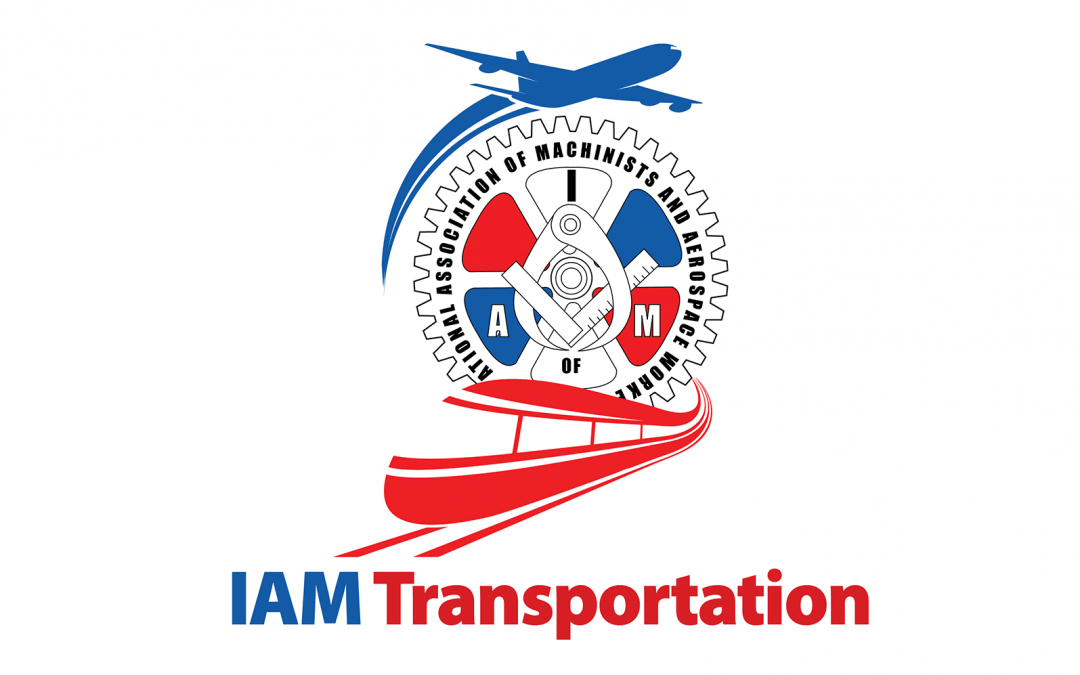
by Eric Price | Mar 16, 2020 | COVID, Featured, Front Page, Home, Safety, Safety
IAMAW Transportation Territory /// March 16, 2020 Dear Sisters and Brothers, The change enveloping our industry is unprecedented. Each day brings us new revelations about where COVID-19 is spreading and how it is being transmitted. We wake up each day and learn about...
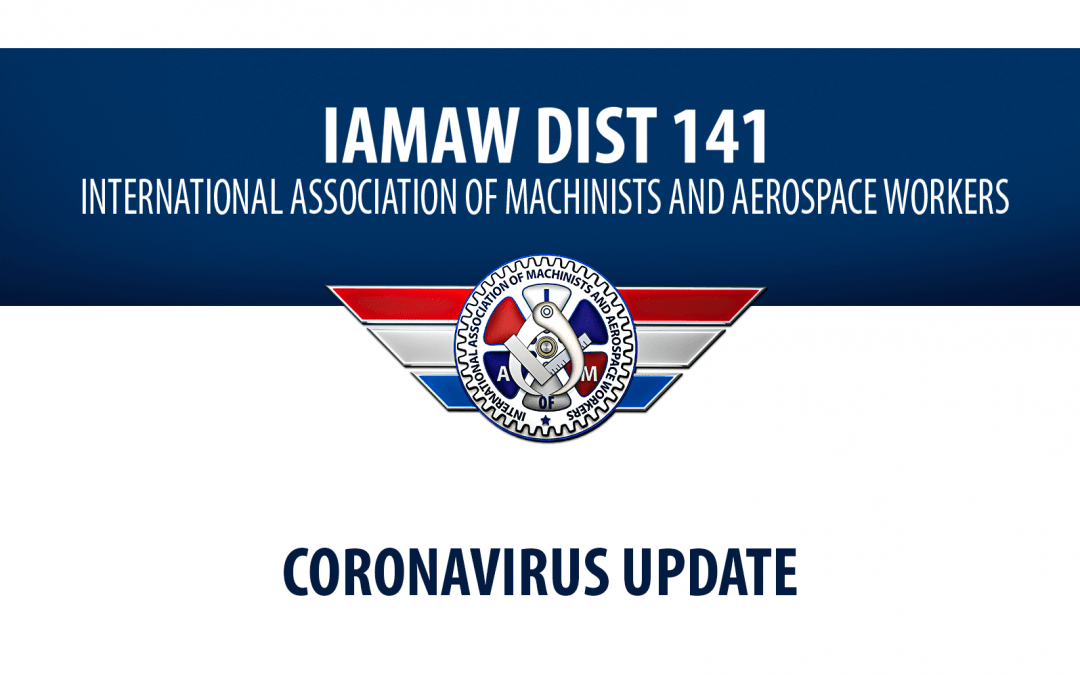
by Eric Price | Mar 16, 2020 | Airlines, Community Service Page, COVID, EAP, Education Class, Featured, Front Page, Home, Home, MNPL, Pinned Post, Safety, Safety, Uncategorized, United
Dear United Member, I’m sure by now most of you have had a chance to read the communication put out by Oscar Munoz and Scott Kirby last night. I want to start off by commending both men and their teams for keeping the IAM completely informed with the dire financial...

by Eric Price | Mar 14, 2020 | COVID, Education, Education Class, Featured, Front Page, Home, Home, Safety, Safety, Upcoming Events
GOIAM.ORG //////// View Original Story Based on guidance concerning social distancing to slow and limit the rate of infection of COVID-19, or the Coronavirus, the IAM is temporarily suspending programming at the Winpisinger Education and Technology Center for two...
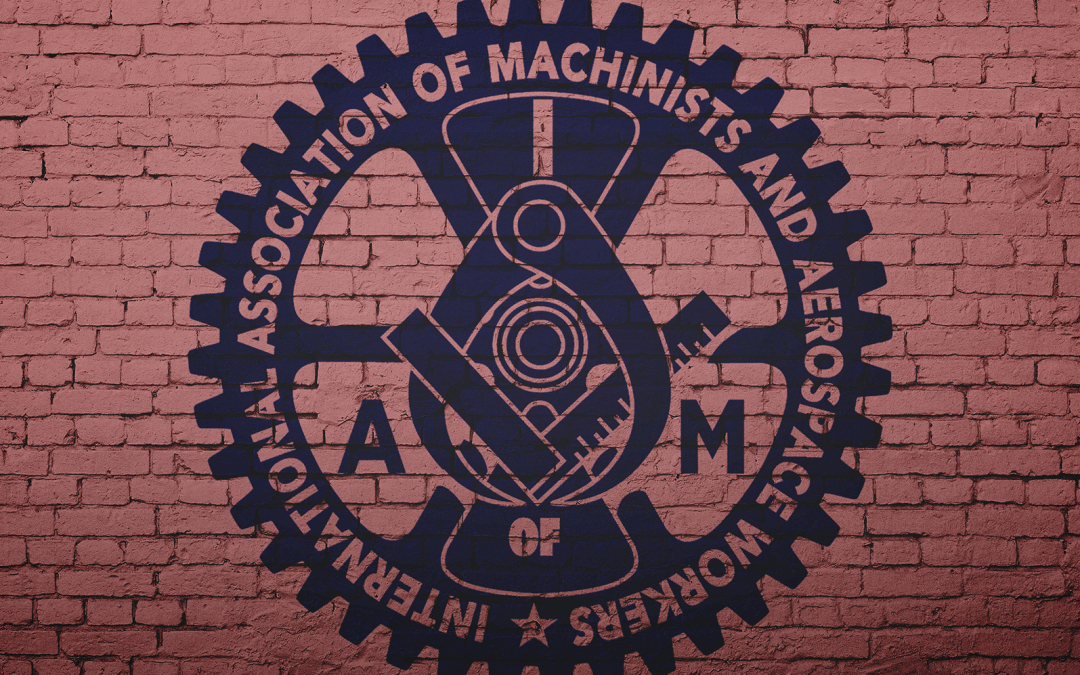
by Eric Price | Mar 14, 2020 | Airlines, American, Community Service, Community Service Page, COVID, EAP, Education, Featured, Front Page, Hawaiian, Home, Home, Philippine, Safety, Safety, Spirit, Uncategorized, United
GOIAM.COM ///////////// Dear Sisters and Brothers, I know there is much uncertainty surrounding the evolving COVID-19 (coronavirus) outbreak that has now been classified as a global pandemic. Our daily routines are being affected by the cancellation of many events in...
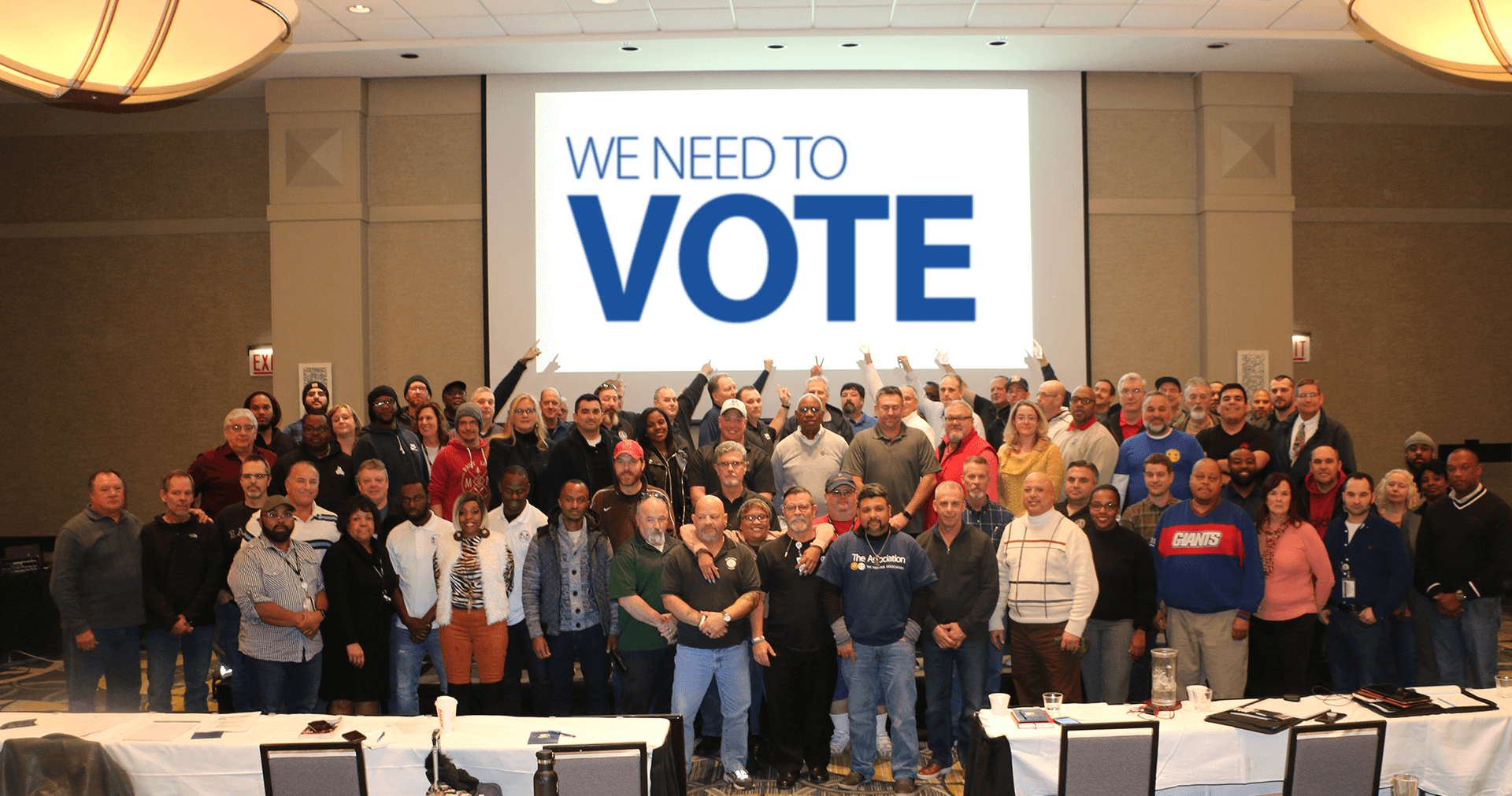
by Eric Price | Mar 11, 2020 | American, Events, Featured, Home, Organizing, The Association, Uncategorized
TWU-IAM Members Urged to Vote on Tentative Agreements with American Airlines. Committee members and leadership from IAM Districts 141 and 142 met in Chicago this week to review the Tentative Agreements reached by the TWU-IAM Association for over 30,000 members at...
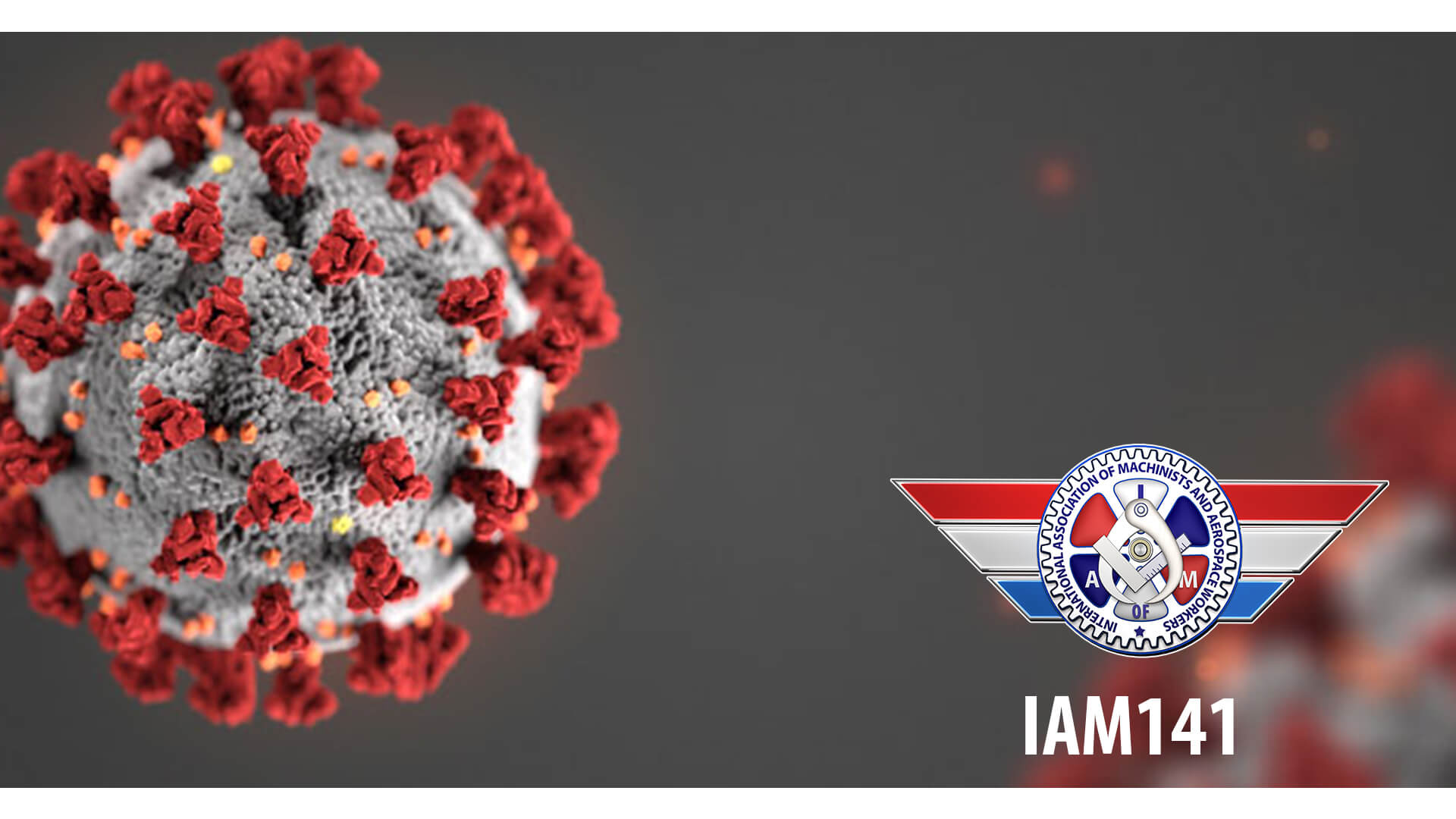
by Eric Price | Mar 4, 2020 | EAP, Featured, Home, Safety, Uncategorized, United
Sisters and Brothers, United Airlines informed its employees today that the airline will reduce its international flight schedule by 20 percent and its domestic flight schedule by 10 percent in April, and have begun planning similar reductions for the month of May....







